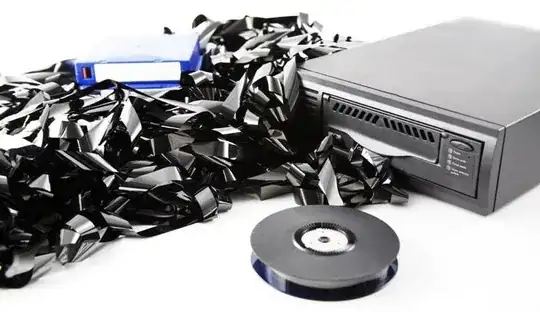YES
It will most likely damage the hard drive before motherboard components
Here is why
Hard drives...
Hard drives are.made up of....
A. Circuit board
B. Motor or spindle that turns the disk
C. Disks or platters the data is stored on
D. Actuator, Actuator arm and finally
E. Read write heads
The read write heads are.pretty much a bit of wiring wrapped around metal
When electricity flows in 1 direction its magnetised north, when the current flows the oposite direction its.magnetised south
The read write heads.never.touch the platter but.instead hover on a cushion of.air caused by the spinning disk (blown up by the force of air like a fan from the spinning.disk)
When power is cut, the disk naturally slows down
The arm lowers
The head crashes.onto.the platter and.damages sectors of the disk as a result
When powered.down.correctly.the arm.retracts its self.to.either the.edge.of.the disk or the centre where.no data is stored preventing damage
Now you also can understand why computers talk in binary 0s or 1s
Since a 0 represents a magnetic south and 1 represents a magnetic north
When the read head reads the polarisation of the bit (binary digit) it coverts it back into an electrical signal for your computer.to.process
If the read write head has crashed onto.the platter not.only does it do damage to the platter but when powered back on,.the.disk.will start spinning again whilst the head.is.on the disk damaging it.further.until it elevates again
However whilst that only takes a split second
But try to remember most hard drives spin af 7500 rpm (revs or complete turns.per minute)
Thats 125 Times a second
Can you imagine how.much damage can be.caused.by.the head scraping the.surface of your.hard drive in that split.second if.it.has turned 125 Times with.the drives read.write head.still on the surface?
This is what will damage your.computer.the most
Motherboards
Spikes and Brown outs can cause damage by form.of a hard reset
However it wont cause data loss unless you didnt save your document you was working on
The drive head was already retracted (not reading or writting)
If a motherboard becomes damaged via spikes you can easily replace.it
Motherboards come.in 2 forms
Integrated
Non integrated
Integrated have loads of components.soldered onto.the board.meaning if they break you cant replace them you can however.install an expansion card.ie...
South bridge damage to onboard graphics, you can.purchase a graphics.card
South bridge damage to onboard sound, you can purchase a sound.card
Non integrated motherboards.have.nothing.built.into the motherboard, so you.would.simply remove the damaged expansion card and replace.it.with a new.one rather.than.replacing the.entire.motherboard
Psu or.power aupply.units do a good job.at regulating this.nowadays.but.a good.ups system can give you 60 seconds.of.power.after a power.cut to.shut.down.safely
These are.expensive.mind so you.will probably.find simply getting a new.motherboard.cheaper and.buying a solid state drive.more effective since.there are.no moving.parts thus the drive motor will not.pack in, the heads wont.crash onto the drive,.the.actuator.arm.is unlikely to become.damaged if.joshled about ie.a laptop
Making it more data safe
Tho... Ssd drives usually store.less and cost more than.regular.hdd
Another.thing worth looking.into.is.a RAID system
Redundent array independant disks
Raid 0 is useless.for Data loss as only.splits Data into 2 hard.drives to.read.it.back.quicker
Tho as.mentioned.above.if.one.begins.to.fail it.will slow your machiene.down and.if.it fails the.Data is gone for good
Raid 1, 3, 5 however offer mirroring
In short 2 hard.drives, same.size.will allow your.computer.to.automatically back up your entire.system as.it.uses.the drive
So 2 hard.drives 2 terrabites each (4 terrabites.in total) would.only give you 2 terrabites storage
But at least your data is.more.secured and.if.one.disk becomes damaged it.will back up to a thrid disk (raid 5) as (raid 1 only supports 2 disks)
Some.motherboards come.with this.built.in (spacially gamer.motherboards)
Some.dont.in.which case you can purchase.a raid.expansion card
